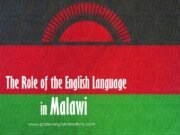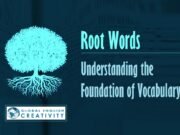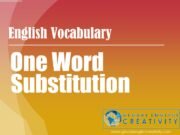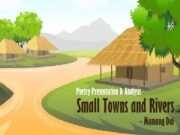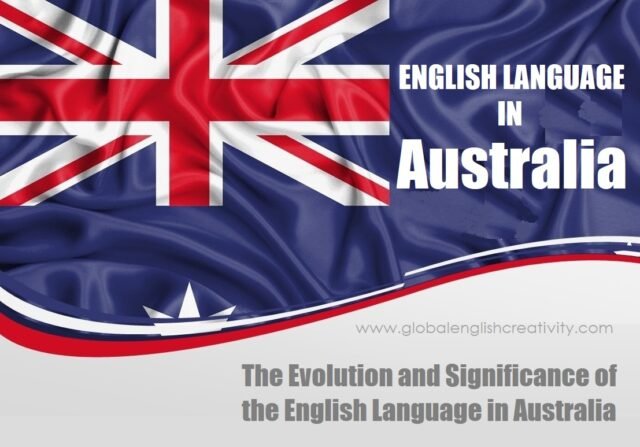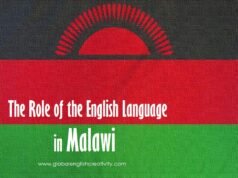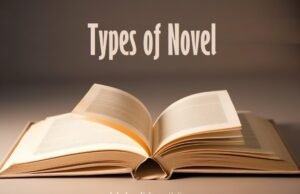English Language in Australia
Australia, a vast and diverse country with a rich cultural tapestry, has English as its de facto official language. The English language has played a pivotal role in shaping Australia’s history, society, and national identity.
This article explores the evolution of English in Australia, the influence of regional dialects, the impact of multiculturalism, and the language’s significance in various aspects of Australian life.
Historical Roots
English was first introduced to Australia in 1788 when the British established a penal colony in Sydney. As British settlers arrived, English became the dominant language, replacing the diverse languages and dialects of the Indigenous Australian communities. Over time, English has grown to become the primary means of communication for all Australians.
Varieties of Australian English
Australian English has evolved into a distinct variety with its unique accent, vocabulary, and idiomatic expressions. The Australian accent is characterized by its distinct vowel sounds and intonation patterns, setting it apart from other English-speaking nations. Colloquialisms and slang, such as “mate,” “barbie” (barbecue), and “brekkie” (breakfast), are deeply ingrained in everyday conversations, contributing to the colorful and informal nature of Australian English.
Influence of Multiculturalism
Australia’s multicultural society has significantly influenced the English language, as immigrants from diverse linguistic backgrounds have added new words, expressions, and language conventions to the mix. Indigenous Australian languages have also contributed to the Australian English lexicon, with several Aboriginal words and place names now widely used across the country.
Language Policies and Education
Although English is the dominant language, Australia acknowledges the importance of preserving linguistic diversity and promoting bilingualism. The government recognizes some Indigenous languages as national treasures, and efforts are made to preserve and revitalize these languages. Additionally, bilingual education programs are available to support the learning of English and the maintenance of other languages.
Language as an Identity Marker
Language plays a crucial role in shaping national identity. Australian English, with its unique characteristics, is a reflection of the country’s distinct history and cultural heritage. The use of Australian English fosters a sense of belonging among Australians and serves as a marker of national identity, reinforcing the country’s independent and resilient spirit.
English in Media and Entertainment
The English language, particularly Australian English, is prominently featured in Australian media, including television, films, music, and literature. Australian actors, musicians, and writers have contributed to the global popularity of Australian English, making it recognizable and familiar to international audiences.
English and the Global Stage
Australia’s strong trade ties and international partnerships have further elevated the significance of English. Proficiency in English is crucial for business, diplomacy, and participation in the global community. English enables Australians to communicate effectively with people from different cultures and facilitates cultural exchange and understanding.
Challenges and Opportunities
While English remains the dominant language, maintaining linguistic diversity and supporting Indigenous languages are ongoing challenges. The rise of digital communication and globalization also brings both opportunities and challenges for the evolution of Australian English.
Conclusion
The English language in Australia is a dynamic and evolving aspect of the nation’s cultural landscape. It has transcended historical barriers to become a unifying force, shaping the Australian identity and connecting its diverse population. As the country continues to navigate the complexities of a multicultural society, the English language will undoubtedly remain a cornerstone of Australia’s shared experiences and aspirations on the global stage.
also see:
| ENGLISH LANGUAGE IN CANADA |
| ENGLISH LANGUAGE IN FRANCE |
| ENGLISH LANGUAGE IN SINGAPORE |
| BRITISH ENGLISH – AMERICAN ENGLISH |
| INDIAN ENGLISH – AMERICAN ENGLISH |
| USEFUL EXPRESSIONS IN ENGLISH SPEAKING |



